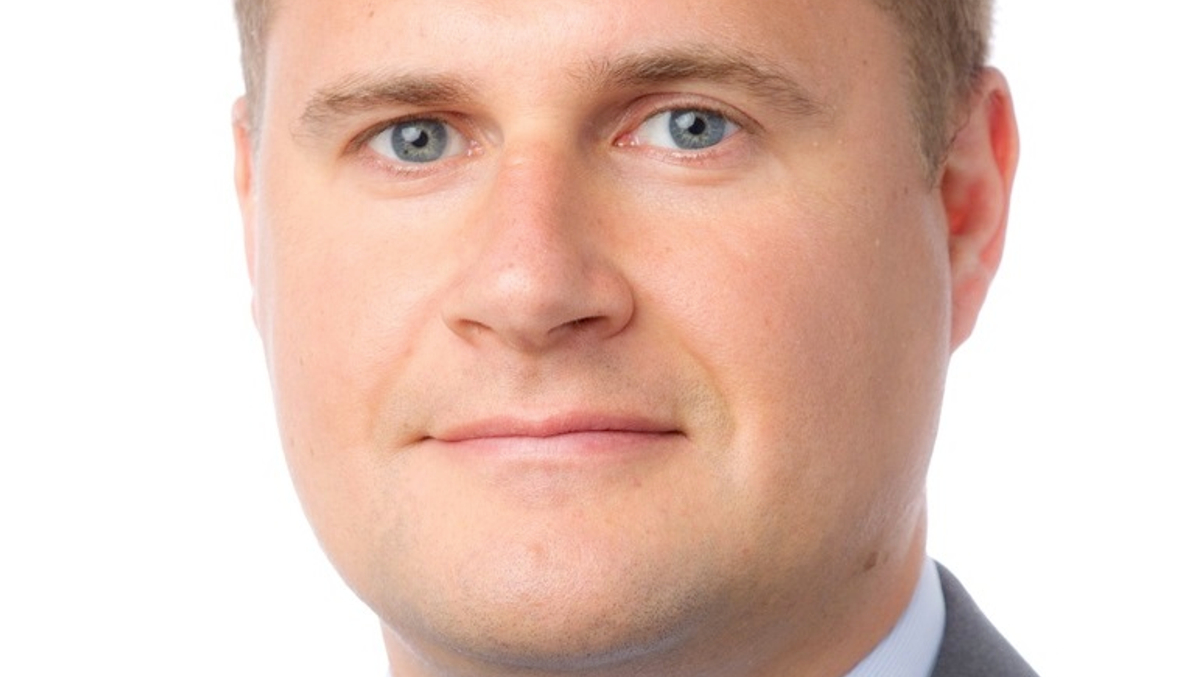Russian private equity seeks to ditch bad reputation
A TPG deal in Russia led to fisticuffs and lawsuits, but beyond the headlines lie attractive PE opportunities – if investors take the sovereign wealth fund approach.

Russian private equity has made international headlines, but not always for the reasons that executives in the country would like.
Sign in to read on!
Registered users get 2 free articles in 30 days.
Subscribers have full unlimited access to AsianInvestor
Not signed up? New users get 2 free articles per month, plus a 7-day unlimited free trial.
¬ Haymarket Media Limited. All rights reserved.


